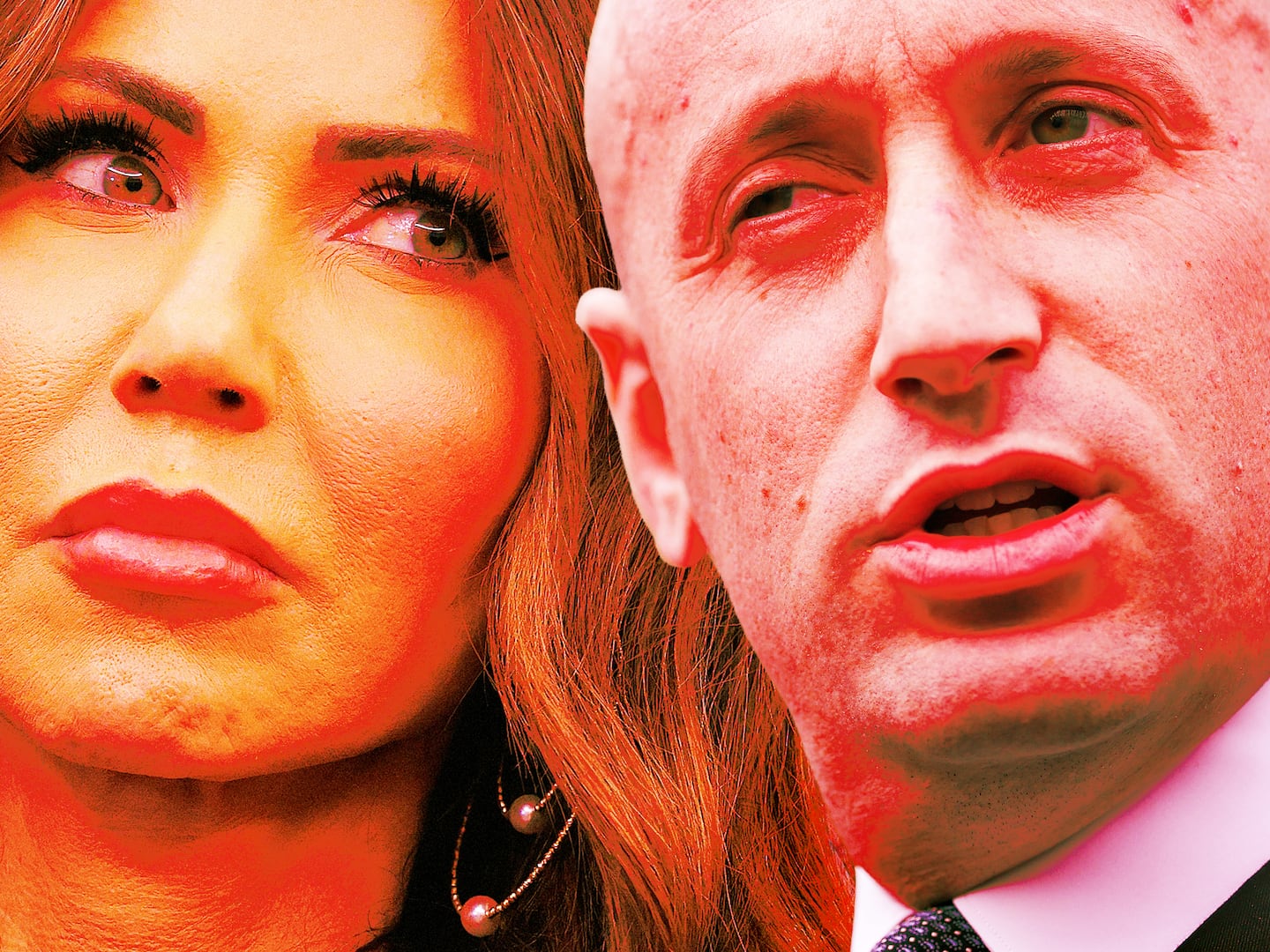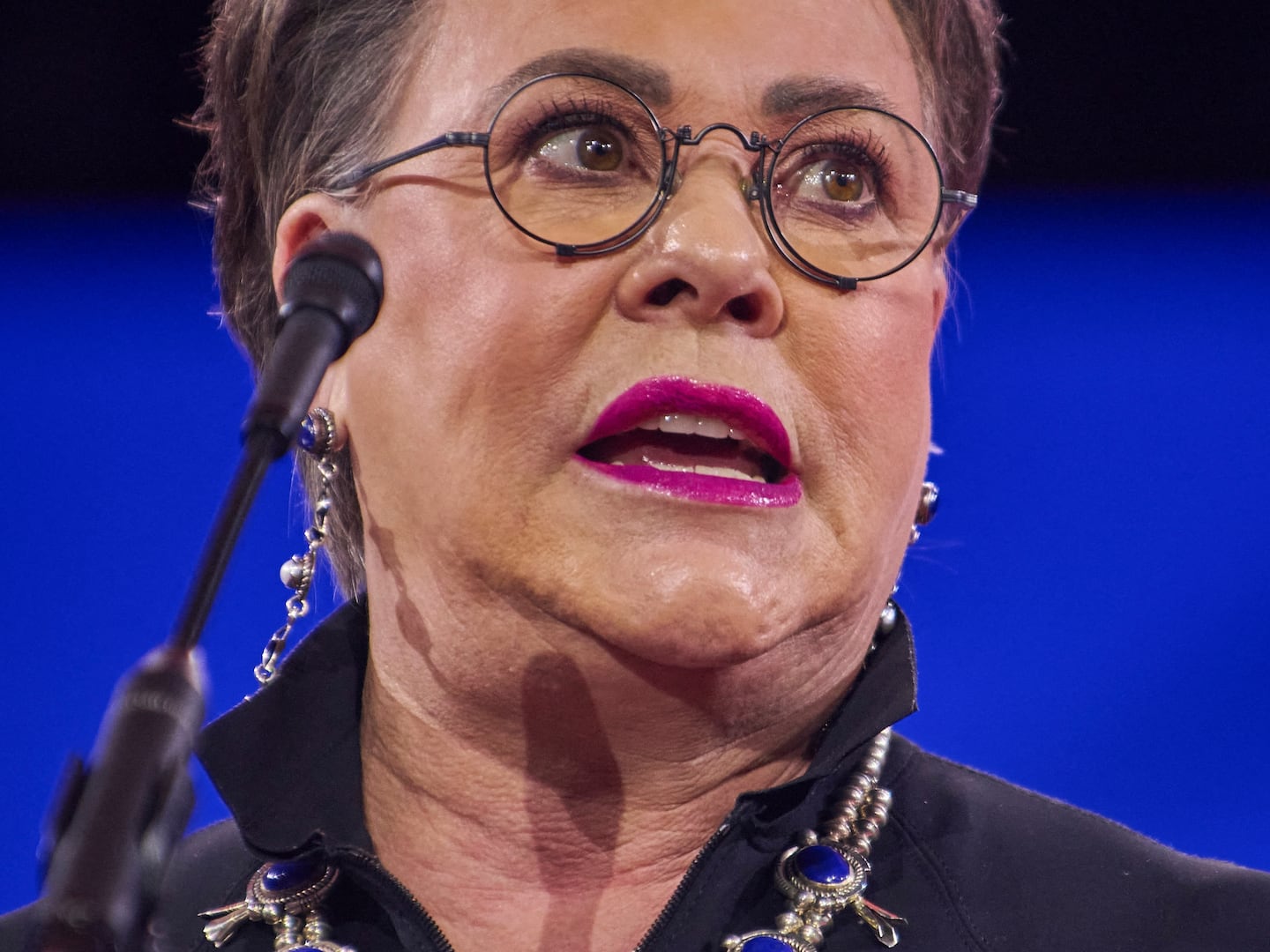If you’re Martin O’Malley, or one of the other potential Democrats pondering a race against Hillary Clinton, you’ve been presented with an unexpected opportunity—and a very, very tricky challenge.
The spate of stories about the interconnections between the Clinton Foundation, the Clintons’ wealth, and Hillary Clinton’s tenure as Secretary of State have opened up a line of attack against the prohibitive Democratic favorite that was once the province of her ideological foes. For close to a quarter-century now, the willingness—make that eagerness—of voices on the Right to embrace every accusation against the Clintons has proven to be a pearl of great price for Bill and Hillary, serving to insulate them politically from allegations that were, in fact, credible. (No, the Clintons did not murder Vince Foster, nor profit from the Whitewater deal. Yes, there was something distinctly non-kosher about how Hillary Clinton made so much money trading cattle futures. No, the Clintons did not hang pornographic toys on a White House Christmas tree; yes, the Marc Rich pardon was indefensible).
The immediate instinct of Clinton defenders to attack the credentials or motives of accusers is going to be undergoing a heavy stress test with these latest stories, requiring the addition of the New York Times and the Washington Post to the members of the vast right-wing conspiracy. More seriously for the presumptive Democratic nominee, the stories help take the ideological patina off the argument that the Clintons chronically exempt themselves from the rules that are supposed to apply to the rest of the political universe. Throughout their political lives, the Clintons have successfully—and often accurately—argued that the criticism have come from those opposed to their agenda. Now, two news outlets that embody the “Mainstream Media” so much scorned on the Right have weighed in with stories that undergird precisely the same argument.
And herein lies the opportunity—and the dilemma—for O’Malley or any of the other possible Democratic challengers: what do you do with the argument that the case against Hillary Clinton is a matter not of ideology, but of character?
As far as I can tell, no intra-party campaign against a prohibitive favorite has ever been waged on such grounds. The more formidable challengers to sitting Presidents have all been made on policy grounds. The Eugene McCarthy-Robert Kennedy campaigns against Lyndon Johnson were based on disagreements over the Vietnam War (RFK clearly believed LBJ was unfit by character to be President, but it was not part of the campaign). Ronald Reagan fought Gerald Ford in 1976 over what he saw as a weak foreign policy, created by (Dr. Kissinger and Mr. Ford”—a rhetorically brilliant evocation of “Dr. Jekyll and Mr. Hyde”). Ted Kennedy opposed President Jimmy Carter for presiding over a shaky economy with insufficiently liberal remedies.
The same is true when the odds-on favorite was not a White House occupant. Bill Bradley tried to run to Al Gore’s left in 2000, but never raised an issue of character. (When I asked him during a New York City debate whether he thought Gore was honest enough to be President, he said, in effect, that’s a judgment for the voters to make). In 2008, Barack Obama’s case against Hillary Clinton was both generational—I’m free of the arguments of earlier times—and positional—I opposed the Iraq War; she voted for it.
(The closest use of “character” came in 1992, when Jerry Brown raised the question of Hillary Clinton’s legal work in a TV debate with Bill Clinton—permitting Clinton to indignantly declare that Brown should be ashamed of himself for attacking his wife).
Up to now, Clinton’s potential rivals have been taking the traditional route of arguing that she does not truly reflect the Democratic base on issues like income inequality and corporate regulation. Now, they have been handed a much more potent argument: that the financial behavior of the Clintons demonstrates that they identify with the one per cent—or one-tenth of one per cent—and that their conduct will be as big a liability to Hillary Clinton as Mitt Romney’s business career and tax returns were to him in 2012.
But, as with nitroglycerin, a potent substance can also be highly dangerous. Bill Clinton is the most admired man in America; and among Democrats, his approval rating is stratospheric. Up to now, there has been no significant unhappiness within her party at the prospect of a Hillary Clinton nomination—not to mention the significant cohort of voters eager to see a woman elected President. (Indeed, a recent New York Times poll suggests that Clinton has retained, even increased, her popularity among Democrats) There’s also the pragmatic argument that a frontal assault on the likely democratic nominee will do neither the party nor the advocates of such an assault any good.
Moreover, nothing is more likely to rally Democrats around Clinton than the assaults from across the political divide. Throughout their public lives, Bill and Hillary Clinton have benefitted enormously from the fury of their ideological enemies. Making a case that will persuade Democrats to move away from Clinton on character grounds will be the political equivalent of defusing a ticking bomb.






